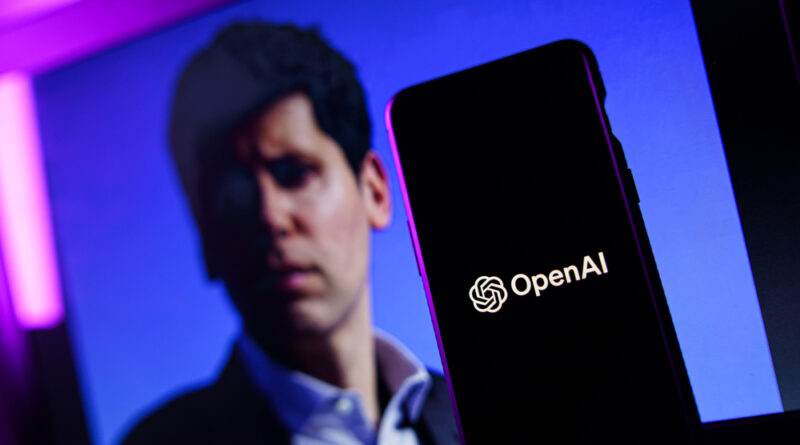Altman Says AI’s “Take-Off Has Started,” Suggesting the Singularity May Be Here
OpenAI chief executive Sam Altman believes humanity may have already crossed a technological Rubicon. In a late-Wednesday blog post, Altman argued that artificial intelligence systems such as OpenAI’s ChatGPT now outperform humans in key domains, marking a “take-off” moment many technologists refer to as the singularity.
“We are past the event horizon; the take-off has started,” Altman wrote. Yet, he added, “so far it’s much less weird than it seems like it should be.”
A Quiet, Pervasive Shift
Altman’s essay strikes a paradoxical tone: AI is more powerful than ever, yet the world still looks reassuringly familiar. “Robots are not yet walking the streets, nor are most of us talking to AI all day,” he noted. Everyday realities—disease, the cost of space travel, unanswered scientific questions—remain stubbornly unchanged.
Nevertheless, Altman insists that current systems are “smarter than people in many ways.” Hundreds of millions of users rely on chatbots for coding, research and content generation, he wrote, meaning that even “a small new capability can create a hugely positive impact, [while] a small misalignment can cause a great deal of negative impact.”
Near-Term Milestones
Looking ahead, Altman forecasts an accelerated timetable:
| Year | Milestone Altman Expects |
|---|---|
| 2026 | AI systems capable of generating “novel insights” beyond human pattern-recognition |
| 2027 | Robots able to perform complex real-world tasks |
| 2030 | “Wildly abundant” intelligence and energy, making ideas—and the ability to realise them—cheap and ubiquitous |
Should these milestones materialise, whole industries could be reshaped. Altman highlights software development as the first discipline to feel AI’s full disruptive force: “Writing computer code will never be the same,” he wrote.
Industry Reactions and Caveats
Critics note that the most visible consumer use case for generative AI remains search-like Q&A, with mixed results. At Apple’s Worldwide Developers Conference last week, the company’s AI research team claimed that leading chatbots still stumble on complex reasoning problems. That scepticism has done little to dampen Wall Street’s enthusiasm: mega-cap tech shares rebounded sharply this month, pushing the tech-heavy Invesco QQQ ETF back to a 4 % gain for the year.
Altman, whose company is backed by Microsoft and other heavyweights, concedes that he is “talking his book.” Yet he argues that underestimating the slope of the learning curve is riskier than acknowledging it. “Small errors, scaled across hundreds of millions of users, can do more damage than an isolated failure of a single super-intelligent system,” he warned—an implicit nod to ongoing debates around AI alignment and regulation.
What Happens Next?
Policy-makers worldwide are still scrambling to draft guardrails. In the United States, lawmakers continue to wrestle with a bipartisan framework for licensing large-scale language models. The European Union’s AI Act, set to take effect next year, will impose strict compliance obligations on “high-risk” systems—though enforcement remains an open question.
Altman’s post arrives at a pivotal moment: OpenAI is preparing the next iteration of GPT, promising more reasoning power and multimodal capabilities, while rivals Google, Anthropic and Meta race to keep pace. Whether or not the singularity has truly arrived, the stakes—economic, social and existential—have never been higher.
Key Takeaway: Sam Altman believes the world has slipped quietly past the AI “event horizon.” If his timeline proves accurate, the next five years could deliver breakthroughs that make today’s debates about chatbots look quaint—and render precautionary policy all the more urgent.
Photo Credit: DepositPhotos.com

